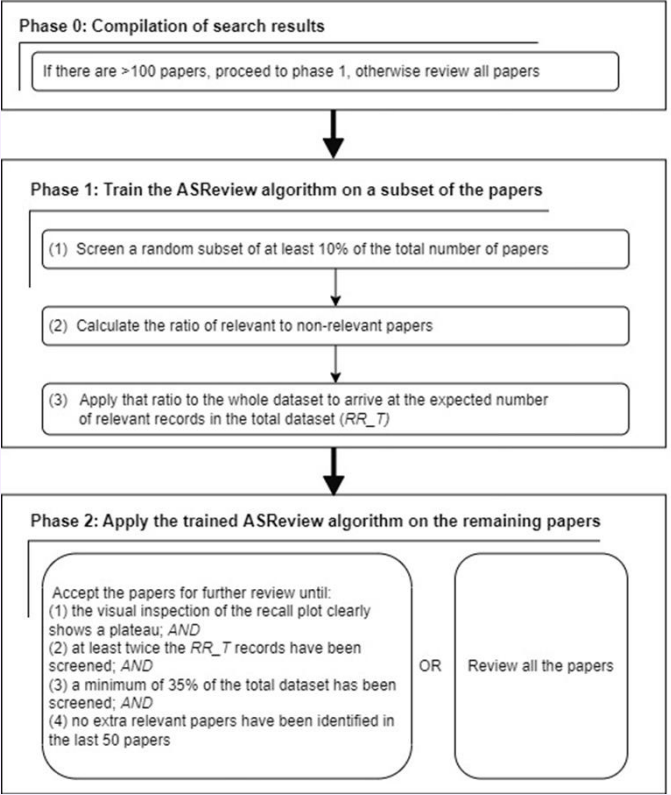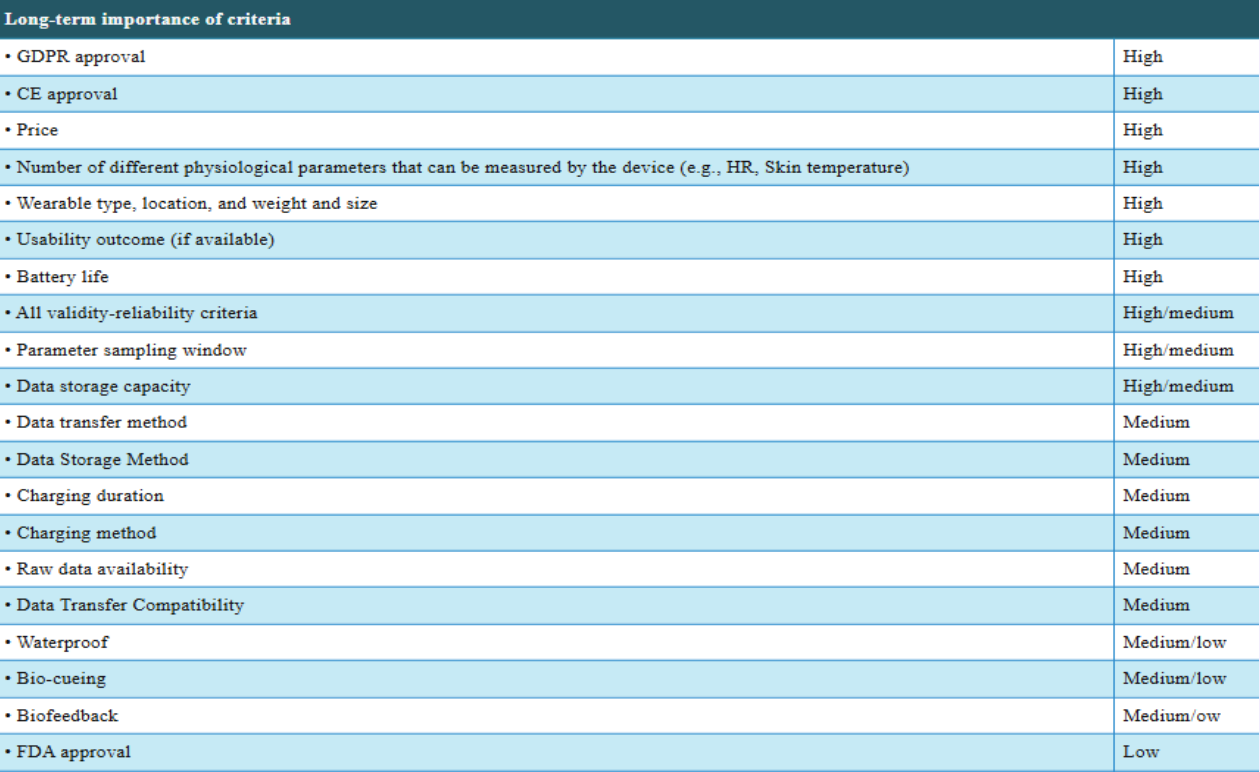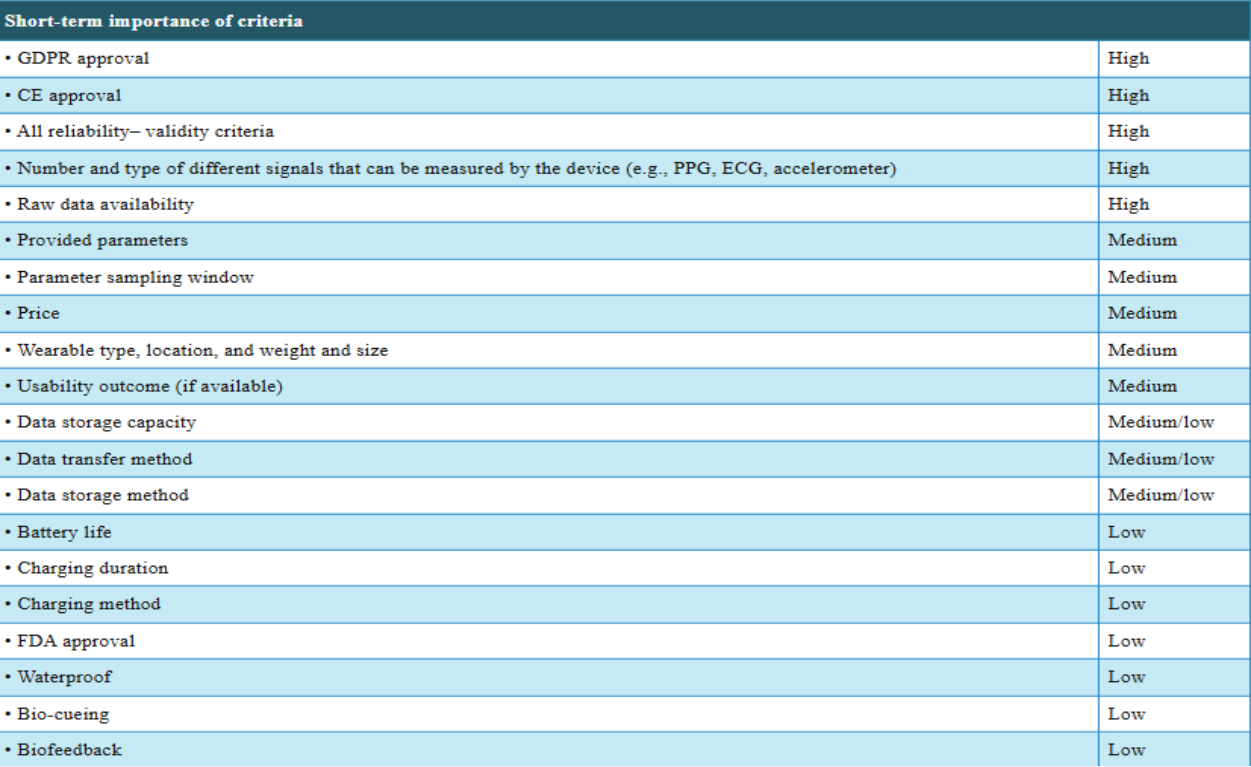Papers to Cite

Welcome to the SiA Wearables Database Web App
The Stress in Action Wearables Database (SiA-WD) is a new, comprehensive, well-sustained database of physiological wearable devices that have application potential in behavioral research, in particular stress research. It provides a large amount of information that a researcher would look for such as the general device information, recorded signals, technical specifications and data access, combined with a systematic validity, reliability and usability review of the available literature on a device.
The SiA-WD will be iteratively expanded and the information, including that for devices already existing in the database, updated for an period of at least ten years. The user-friendly tool enables researchers to conveniently select the most suitable wearable for their study.
User Guide
Terms of citation
When using the wearables database and/or this web app, you must cite the two papers listed under Papers to Cite and/or Research .
Using this app
This app is designed for desktop use and is not optimized for mobile devices.
Go to the Filters section to explore wearables based on your criteria.
Use the Product Filter to compare multiple wearables side-by-side.
Use the Feature Filter to select wearables based on capabilities and preferences.
For terminology, open the menu in the top right corner and browse the Glossary .
If you have new data to add, visit the Submit Data section.
Research provides background information about the database and the two papers.
The About section describes Stress in Action (the project funding this database) and lists the team and institutions involved.
Questions? Reach out via Contact Us .
Recent Updates
December 2025
Huge update: all details wearables available plus improved user expierence (hoovering info etc.)
September 2025
Live release.
August 2025
Tables updated with bars, yes/no and color coded cells.
July 2025
Submit Data module live.
June 2025
54 wearables included in App.
May 2025
Stress in Action wearables database paper published!
March 2025
Feature Filter live.
February 2025
Product Filter live.
January 2025
Test version (MVP) live.
Product Filter
Comparison Table
Feature Filter
SiA Expert Score
General Device Information
Technical Specifications
Signals
Data Access
Validation, Reliability & Usability
Filtered Results
1. Draft Form
The draft updates live as you type. Complete the mandatory fields * to enable submission.
Your Information
General Device Information
Technical Specifications
Signals
Data Access
Validation, Reliability & Usability
Further Details
2. Check Draft Form
Please verify that provided fields are correct, then slide the toggle to enable submission.
All required fields complete?
Draft Form Output
3. Send Final Form
When you approve your draft, the option to send it to us will become available.
A copy will be downloaded automatically when submitting. We will reach out to you to discuss it in more detail.

Summary of the Research
Why Needed?
• Rapid growth of available consumer and research-oriented wearables
• To systematically choose a wearable among the multitude of available devices, one should perform:
o Get a detailed overview of technical and other device specific information
o Retrieve synopsis of Reliability, Validity and Usability studies per wearable
To reduce the time and effort required to choose the appropriate wearable, the Stress in Action Wearables Database provides this detailed overview.
Literature Research
Device-specific information was obtained from the device manual, while reliability, validity, and usability were assessed through a structured literature search (click i icon) using the following string:
“((Device Name) AND (valid* OR reliab* OR compar* OR accur* OR verif* OR usab* OR 'user experience' OR 'user friend*' OR user-friend*)”.
Included studies assessed parameter-level convergent validity, test-retest reliability, and/or usability, focused on convergent validity, and were published as peer-reviewed articles or conference proceedings in English. Excluded were studies on construct validity only, those involving machine learning-based detection of secondary outcomes, meta-analyses, reviews, theses, grey literature, and any non-peer-reviewed texts.
SiA Expert Scoring
Different criteria were rank-ordered in importance by the curators to score a device for short-term (2-day) and long-term (2+ week) research use.
Based on these criteria (click i icon), each device was independently scored from 0 to 10 by the three first co-authors, who were blinded to each other's scores; these scores were then averaged to generate the short- and long-term "SiA expert scores."
High interrater reliability was achieved for both short-term (r = .87, 95% CI = [.78, .92], F(50, 100) = 8.0, p < .001) and long-term use (r = .85, 95% CI = [.76, .91], F(50, 100) = 6.6, p < .001).
Continuously Updated Database
In contrast to the wearable inventories or review studies with a static document, the SiA wearables database will be continuously updated every 6 months. This enables the entry of newly released wearables and updating of the validity, reliability, and usability information on existing wearables.
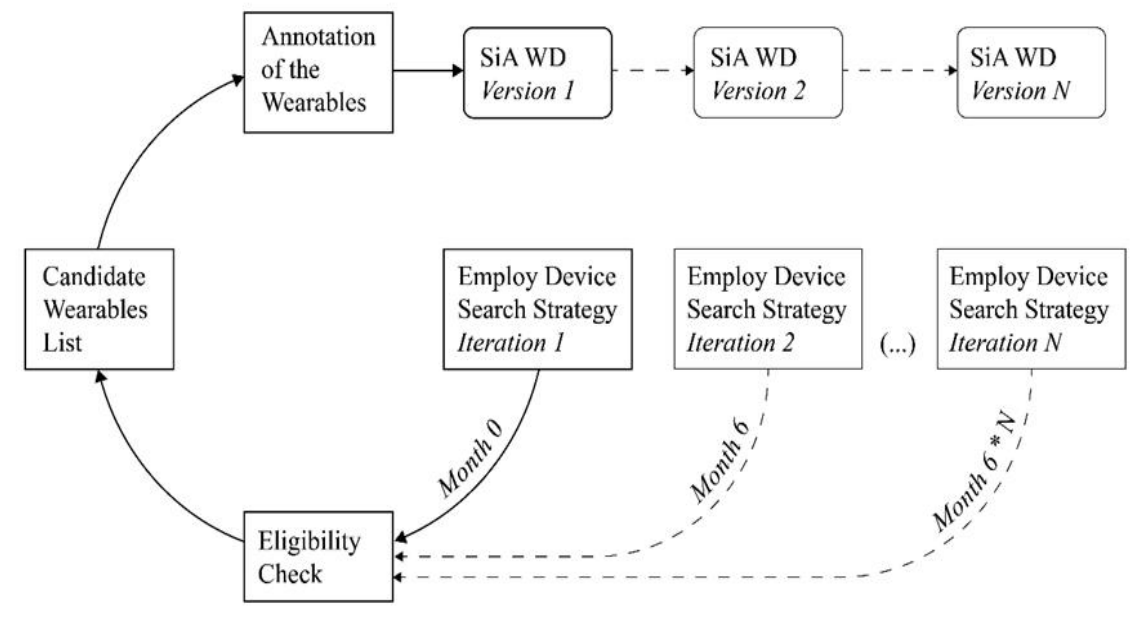
Behavior Research Methods: Original Paper
Journal of Open Source Software Paper: Shiny App Details
Coming soon
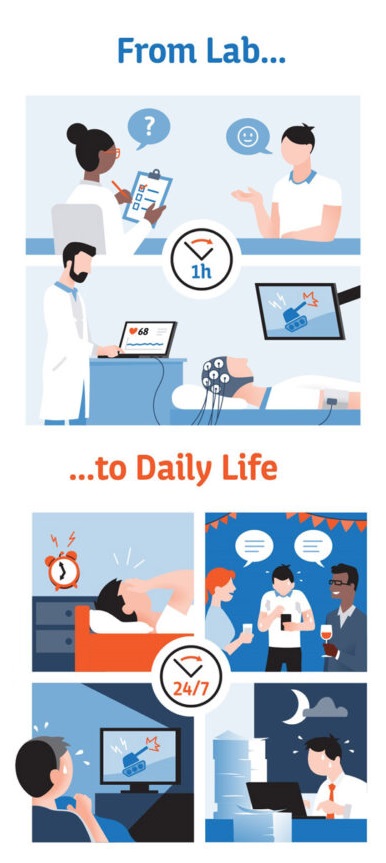
Stress in Action
Stress in Action capitalizes on the fast advances in technology and big data analytics to move stress research from the lab to daily life. The Consortium enables synergistic collaborations to discover 1) how responses to daily life stress arise from the temporal, dynamic interplay between context and person-specific factors (RT1), 2) how daily life stress can be reliably measured in a specific individual in real-time (RT2) , and 3) how and when potential beneficial stress-response mechanisms turn into detrimental effects on mental and cardiometabolic health. This enables the development of novel monitoring and intervention strategies to track and reduce daily life stress and its health impact (RT3).
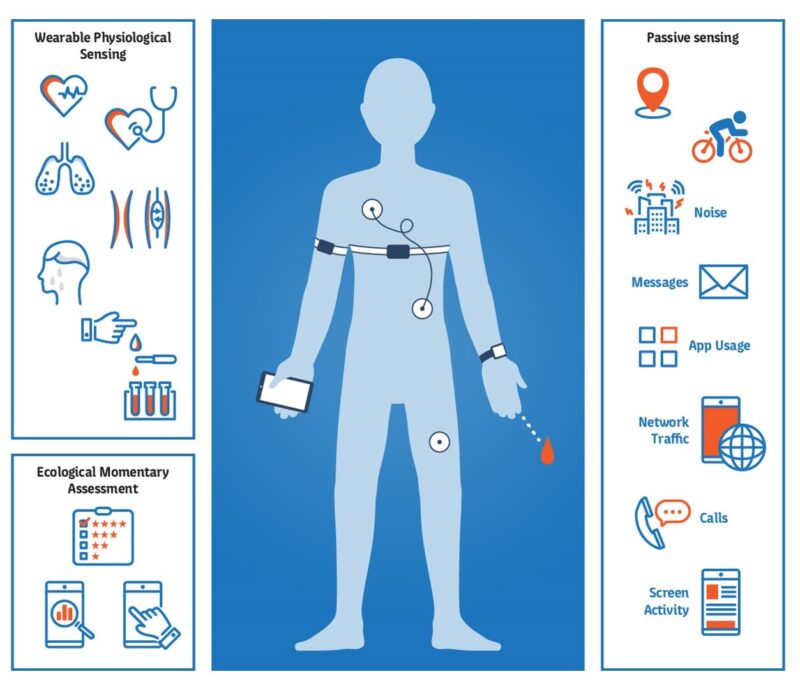
App Maintenance
This application is a publication of the department of Biological Psychology at the VU Amsterdam Amsterdam.

Hugo Klarenberg, PhD - Post Doc VU Amsterdam
Faculty of Behavioural and Human Movement Sciences
Department of Biological Psychology
Van der Boechorststraat 7
1081 BT Amsterdam
Email: disc[at]stress-in-action.nl
Website:
Department of Biological Psychology
We kindly ask you to report bugs or function requests via email.

Image Credits
All background images used in this application are sourced from iStock under a paid license.
Photographer:
Daniel de la Hoz
Website: iStock profile
Research Theme 2 (RT2) Wearabale Team
The goal of RT2 is to develop increasingly sophisticated versions of a cutting-edge, low-burden, ecologically valid ambulatory assessment toolkit to quantify stress in daily life, and to design, test, and iteratively improve stress interventions using that toolkit.
Myrte Schoenmakers, PhD student VU Amsterdam
Melisa Saygin, PhD student VU Amsterdam
Magdalena Sikora, PhD student University of Twente
Artemis Stefani, PhD - Post Doc VU Amsterdam
Matthijs Noordzij, Professor in Health Psychology and Technology University of Twente
Eco de Geus, Professor of Biological Psychology VU Amsterdam
Contact Us
Feel free to contact us with any questions about the project!
